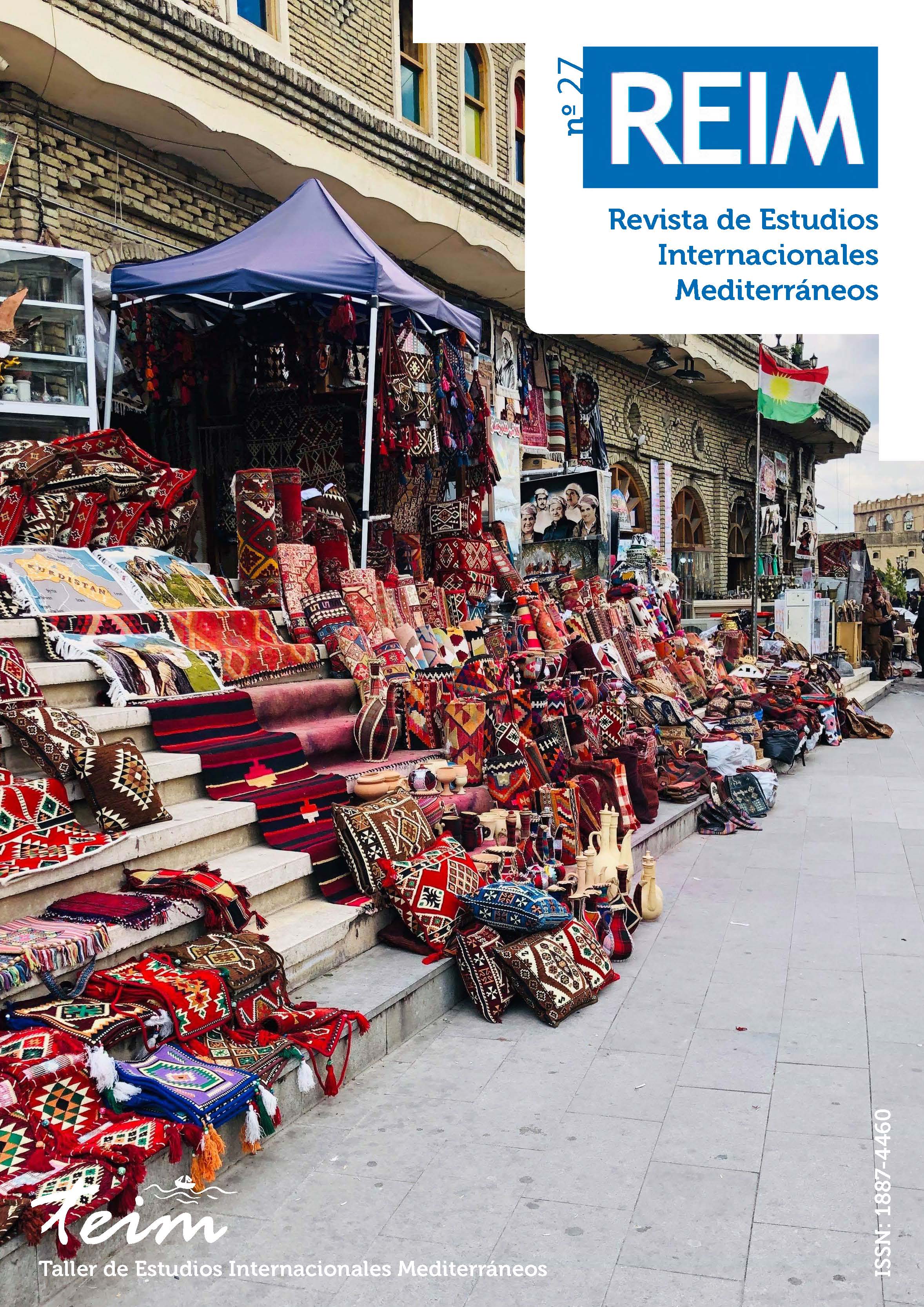The Tunisian electoral process in 2019: institutional instability and the interplay of political actors
Keywords:
Tunisie, élections, code électoral, populisme, inattendu, instabilité.Abstract
In the summer of 2019, at the height of the struggle between the clan of the President of the Republic and the Head of Government, three intertwined factors make it possible to understand the developments, the challenges, but also the variations in the pre-electoral political game in Tunisia. On the one hand, it is a question of understanding the political and personal calculations of political actors who seek to influence the course of events in such a way as to be able to guide them to their advantage. On the other hand, it is important to identify how the functioning of institutions and the use of laws has an impact on pre-electoral and electoral campaigns, given that these institutions are characterized by their fragility and that the application of laws is variable. Finally, it is also necessary to take into account the emergence of unexpected events and to consider its consequences both on the trajectory of the electoral process and on the strategies of political actors. Specifically, the adoption of the amended Electoral Code, the announcement by the President of the Republic that it has not been promulgated, the death of the Head of State and the subsequent change in the electoral calendar disrupted the country's political trajectory. In this perspective, this article aims to analyze the Tunisian electoral process from April to September 2019 by following a chronological plan in order to understand how the strategies of the actors, the functioning of the institutions and the emergence of the unexpected through the death of the President of the Republic.
Downloads
References
BEN MAMI Amine & Eric GOBE (2019): “A new offer of commitment and work forqualified youth? Democratic monitoring associations in post-Ben Ali Tunisia”, The Journal of North African Studies, [consulté le 15 octobre 2019]. DOI: https://doi.org/10.1080/13629387.2019.1665287
CHOUIKHA, Larbi (2018) : « L’Instance de régulation de l’audiovisuel en Tunisie (Haica) dans les méandres politico-médiatiques », in Les médias en Afrique depuis les indépendances : bilan, enjeux et perspectives, sous la direction de Ndiaga Loum et Ibrahima Sarr, París, L’Harmattan, pp. 145-160.
CHOUIKHA, Larbi (2007): « L’audiovisuel en Tunisie : une libéralisation fondue dans le moule étatique », L’Année du Maghreb, 2005-2006, pp. 549-558. [consulté le 12 août 2019]. http://journals.openedition.org/anneemaghreb/165 ; DOI: https://doi.org/10.4000/anneemaghreb.165
CHOUIKHA Larbi et GOBE Éric (2015) : Histoire de la Tunisie depuis l’indépendance, París, La Découverte.
GOBE, Éric (2018) : « La Tunisie en 2017 : impotence de l’État et tentations autoritaires, L’Année du Maghreb, 19/2, pp. 235-256. [consulté le 14 août 2019]. URL : http://journals.openedition.org/anneemaghreb/4305 ; DOI : https://doi.org/10.4000/anneemaghreb.4305
GOBE Éric (2017) : « La Tunisie en 2016 : La présidentialisation de l’impuissance politique (an II) », L’Année du Maghreb, 17/2, pp. 313-333. [consulté le 15 août 2019]. URL : http://journals.openedition.org/anneemaghreb/3293; DOI : https://doi.org/10.4000/anneemaghreb.3293
GOBE Éric et Larbi CHOUIKHA (2015) : « La Tunisie de la Constitution aux élections : La fin de la transition politique ? », L’Année du Maghreb, 13/2, pp. 261-282. [consulté le 1 août 2019]. URL: http://journals.openedition.org/anneemaghreb/2602; DOI : https://doi.org/10.4000/anneemaghreb.2602
